Cat Urinary Blockage and Inflammation: Causes, Symptoms, and Home Care Tips
Cat urinary blockage and inflammation are common but dangerous conditions in felines, especially in males. These issues are often caused by infections, urinary crystals, stress, or improper diet. If left untreated, urinary blockage in cats can lead to serious complications, including kidney failure and death. This article explains the causes, symptoms, treatments, and home care tips to help you manage your cat's urinary health effectively.
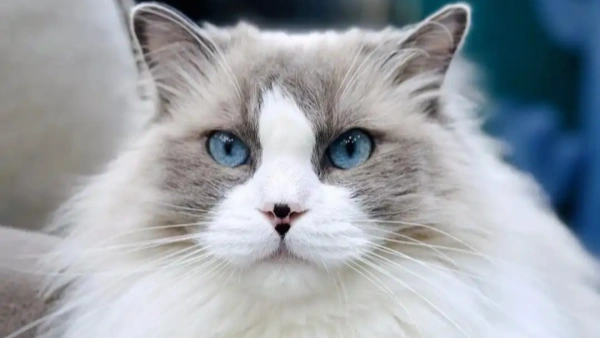
What Is Cat Urinary Inflammation and Blockage?
Urinary inflammation in cats refers to irritation or infection in the urinary tract, often due to bacteria, urinary pH imbalance, crystals, or stress. Cat urinary blockage is a more critical condition where the urethra becomes blocked by mucus, crystals, or small stones. This results in the cat being unable to urinate, which is a medical emergency.
These two issues are closely related — untreated inflammation can quickly develop into a blockage, especially in male cats.
Common Causes of Urinary Issues in Cats
Stress or anxiety from changes in environment or territorial disputes
Dehydration: Concentrated urine encourages crystal formation
Poor diet: High-mineral foods increase the risk of urinary crystals
Obesity or lack of physical activity
Genetic or anatomical predisposition: Male cats have narrower urethras
Avoiding these triggers is the first step in preventing urinary blockage in cats.
Watch for These Cat Urinary Blockage Symptoms
Recognizing cat urinary blockage symptoms early can save your pet’s life. Common signs include:
Frequent trips to the litter box with little or no urine output
Crying or showing pain while urinating
Excessive licking of the genital area
Bloody or cloudy urine
Lethargy, vomiting, or refusal to eat
Severe cases may also lead to toxin buildup, causing collapse or coma. If your cat displays these signs, it’s critical to contact a vet immediately.
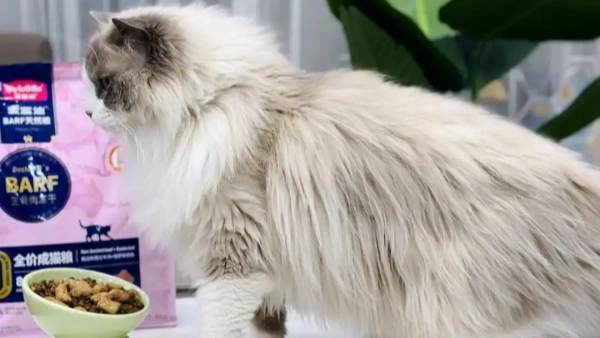
Safe Ways to Relieve Minor Symptoms at Home
For mild cases or during recovery, some at-home measures may help ease discomfort:
Encourage hydration by using fountains or feeding wet food
Keep a calm and stable environment to reduce stress
Promote physical activity to enhance urinary circulation
Clean the litter box regularly to prevent infections
While these steps may support cats with cat symptoms urinary blockage, they are not substitutes for professional care.
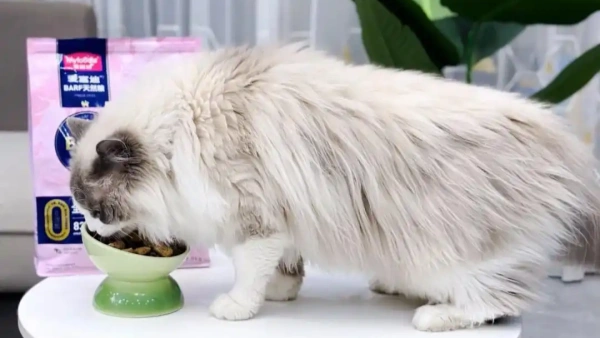
Veterinary Treatment Options
A veterinarian may take the following steps to treat urinary blockage in cats:
Catheterization to remove the blockage and allow urination
IV fluids to flush toxins and support kidney function
Antibiotics or pain medication if there's infection or inflammation
Surgery such as perineal urethrostomy in recurring blockages
For uti treatment in cats, vets may prescribe anti-inflammatory drugs, special urinary food, and lifestyle changes.
Everything Our Vets Recommend
Also Read: Cat Foaming at the Mouth
Are Home Remedies Safe and Effective?
Many products claim to help with urinary issues in cats, but always consult your vet before trying anything. Some herbs and oils can be toxic. Safe home support may include:
Feeding more wet food to encourage urination
Using calming sprays to reduce stress
Maintaining a regular routine to prevent anxiety
Male cat urinary blockage is a life-threatening emergency — home remedies are only appropriate for post-treatment support.
How to Care for Cats During Recovery
Recovery after cat urinary blockage or inflammation requires attention and consistency:
Stick to prescription urinary diets as advised
Provide clean drinking water in multiple spots
Monitor your cat’s urination regularly
Encourage exercise and maintain healthy weight
Long-term management can significantly lower the chance of recurrence and improve your cat’s health.
Also Read: Why Is My Cat Breathing Fast?
FAQs About Cat Urinary Blockage
Q: Can urinary blockage in cats go away on its own?
A: No. A complete blockage is a medical emergency and can be fatal if untreated.
Q: Are male cats more likely to get urinary problems?
A: Yes, male cats have narrower urethras, increasing the risk of blockage.
Q: Will the condition come back after treatment?
A: It's possible, especially if diet and lifestyle aren’t adjusted. Long-term care is essential.
Protect Your Cat's Health
Cat urinary blockage and inflammation are serious yet manageable conditions. By identifying symptoms early, seeking vet help, and maintaining a supportive environment, you can prevent complications. Don’t wait — if your cat shows signs like straining or blood in urine, consult your vet right away. Your awareness and quick action can save your pet’s life.
You May Like:
- What To Do If Your Cat Foams At The Mouth? First Aid Manual
- Recognizing the Signs of Diabetes in Cats and How to Manage It Effectively
- Effective Cat Asthma Treatment: How to Treat Cat Asthma at Home
- Cat Urinary Blockage and Inflammation: Causes, Symptoms, and Home Care Tips
User Comments
Does flea treatment kill ear mites too?
Can dogs take human probiotics?
Can dogs have people probiotics safely?
Related Articles
View all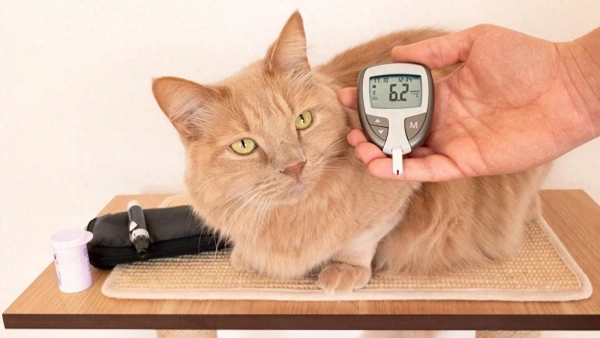
Recognizing the Signs of Diabetes in Cats and How to Manage It Effectively

Effective Cat Asthma Treatment: How to Treat Cat Asthma at Home

Cat Urinary Blockage and Inflammation: Causes, Symptoms, and Home Care Tips
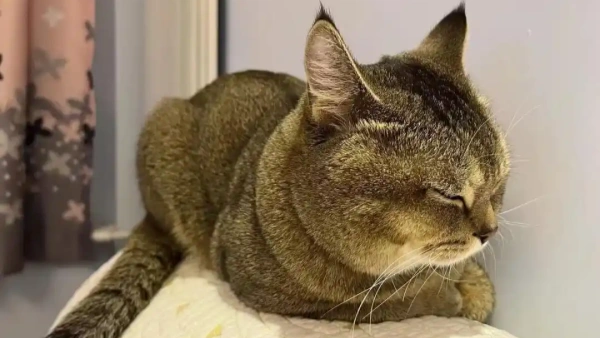
Understanding Upper Respiratory Infection in Cats: Symptoms, Treatment and Home Remedies

Recognizing the Signs of Diabetes in Cats and How to Manage It Effectively

Effective Cat Asthma Treatment: How to Treat Cat Asthma at Home

Cat Urinary Blockage and Inflammation: Causes, Symptoms, and Home Care Tips

Understanding Upper Respiratory Infection in Cats: Symptoms, Treatment and Home Remedies
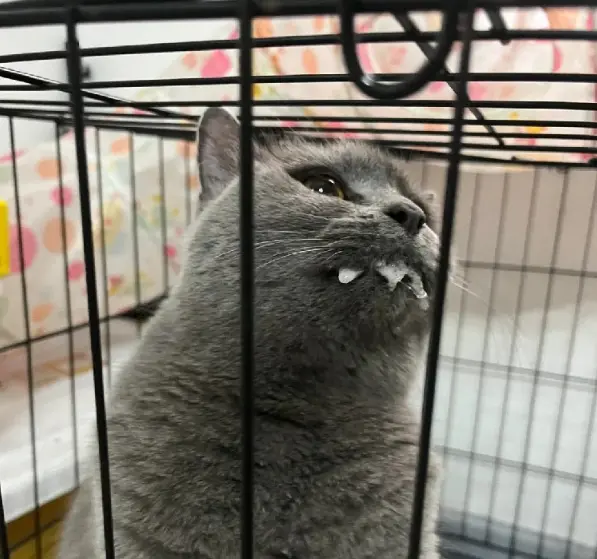
What To Do If Your Cat Foams At The Mouth? First Aid Manual
Related Articles
View all
Recognizing the Signs of Diabetes in Cats and How to Manage It Effectively

Effective Cat Asthma Treatment: How to Treat Cat Asthma at Home

Cat Urinary Blockage and Inflammation: Causes, Symptoms, and Home Care Tips


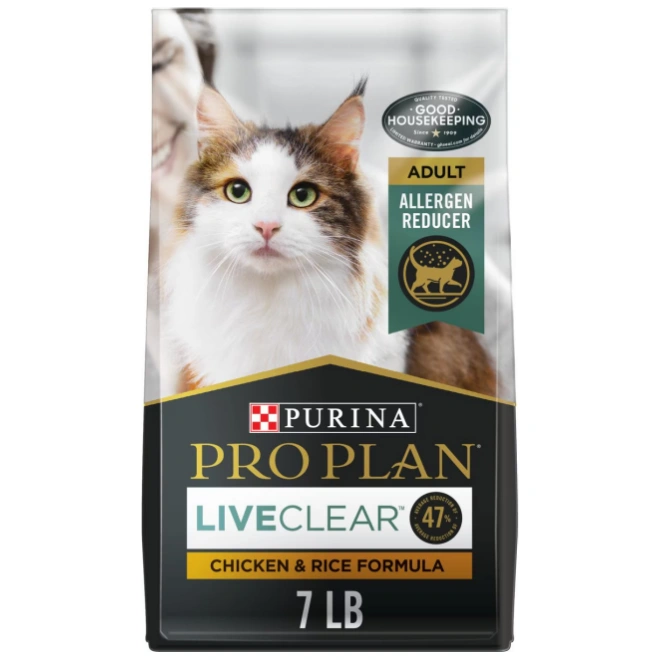
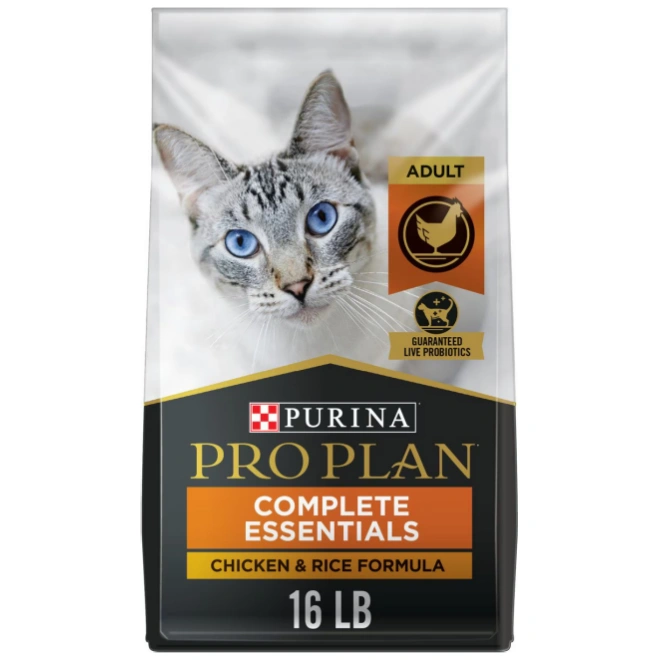










Leave a Reply